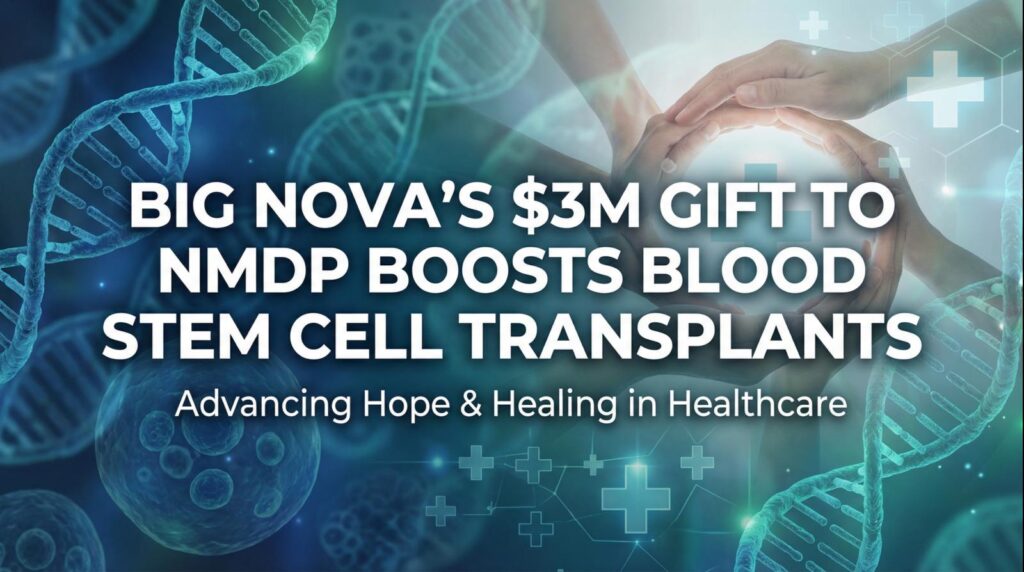Biotech startup Coeptis Therapeutics announced an expanded partnership with the University of Pittsburgh today, licensing additional CAR NK cell therapy technology developed at Pitt. This new agreement builds on their existing collaboration around a CD19-targeting CAR NK cell therapy for blood cancers.
The new technology, known as SNAP CAR NK cells, allows for more precise targeting and activation of natural killer (NK) cells. Traditional CAR NK cells have targeting receptors added directly to the cells, which can lead to overactivation. The SNAP system keeps the targeting receptor separate until the NK cell encounters its target cancer cell.
“The SNAP system gives us more control over NK cell activity and has shown improved selectivity in preclinical studies,” said Dr. W. Keith Jones, Coeptis CEO. “We’re eager to pair this with our next-generation CAR NK constructs to advance the field of off-the-shelf cell therapy.”
NK cells are naturally occurring immune cells that can recognize and kill cancer cells. CAR NK cell therapy aims to enhance this cancer-killing ability by adding a receptor that targets the NK cells to specific cancer cell proteins. This approach has shown promise in certain blood cancers in early clinical trials.
Coeptis Therapeutics, spun out from the University of Pittsburgh in 2021, is focused on advancing CAR NK cells with improved targeting, persistence, and manufacturability. The company has an exclusive worldwide license to the foundational CAR NK technology developed at Pitt.
“We are pleased to expand our partnership with Coeptis Therapeutics on this innovative NK cell therapy research happening at Pitt,” said Dr. William Lamplugh, Assistant Vice Chancellor for Innovation Management and Corporate Partnerships at the University of Pittsburgh.
In addition to collaborating with Pitt researchers, Coeptis aims to leverage Pittsburgh’s growing cell and gene therapy ecosystem as it works to develop off-the-shelf CAR NK immunotherapies. The company recently closed a $17 million Series A financing round to support preclinical development of its pipeline.



